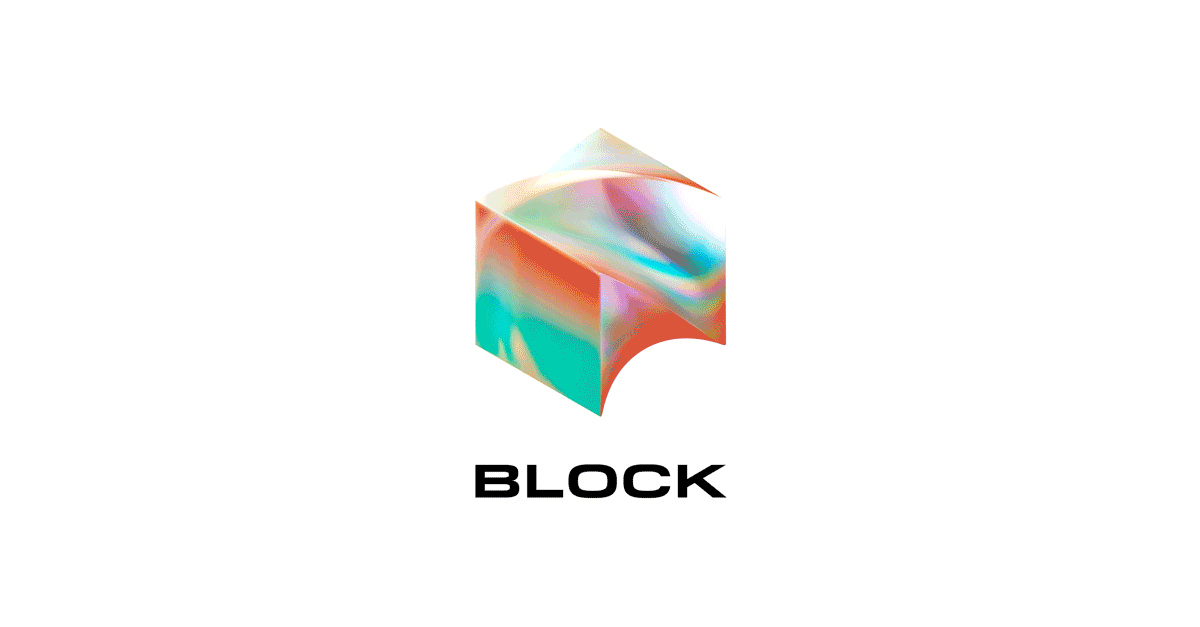
Block Pivots to Bitcoin Mining, Shutters Web5 Initiative
Block Inc., the payments company led by Jack Dorsey, announced a strategic restructuring that will intensify its focus on Bitcoin mining infrastructure while winding down its Web5 development unit TBD and scaling back investments in music streaming platform TIDAL.
The company revealed these changes in its third-quarter shareholder letter, coinciding with Donald Trump’s presidential election victory. Trump’s campaign promises to support domestic Bitcoin mining operations come at a crucial time for the industry, which has faced profitability challenges following this year’s halving event that cut mining rewards by 50%.
Block’s mining initiative, which includes its proprietary 3-nanometer chip development, has already gained traction in the industry. Core Scientific, one of the largest Bitcoin miners in the U.S., committed to incorporating Block’s mining equipment into its operations earlier this year.
“We are scaling back our investment in TIDAL and winding down TBD,” Block stated in its shareholder letter. “This gives us room to invest in our bitcoin mining initiative, which has strong product market fit and a healthy pipeline of demand, and Bitkey, our self-custody wallet for bitcoin.”
The restructuring follows Block’s earlier announcement to reduce its workforce by up to 10% by the end of 2024. The company’s third-quarter results showed revenue of $5.98 billion, missing analyst expectations of $6.24 billion, according to FactSet data. This news initially caused Block’s stock to drop 10% in after-hours trading.
The strategic shift marks a significant departure from Block’s previous ambitions in decentralized technology, particularly its Web5 initiative, which Dorsey had once described as potentially the company’s “most important contribution to the internet.” Instead, Block will now concentrate on strengthening its position in the Bitcoin ecosystem through mining infrastructure and its self-custody wallet, Bitkey, which launched in March 2024.
This realignment of resources reflects both the changing landscape of the crypto industry and Block’s commitment to establishing itself as a key player in Bitcoin’s infrastructure, particularly as the U.S. political environment appears increasingly favorable to domestic cryptocurrency mining operations.





